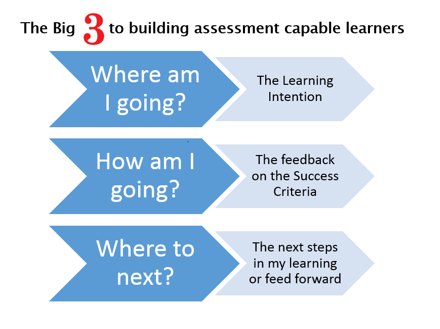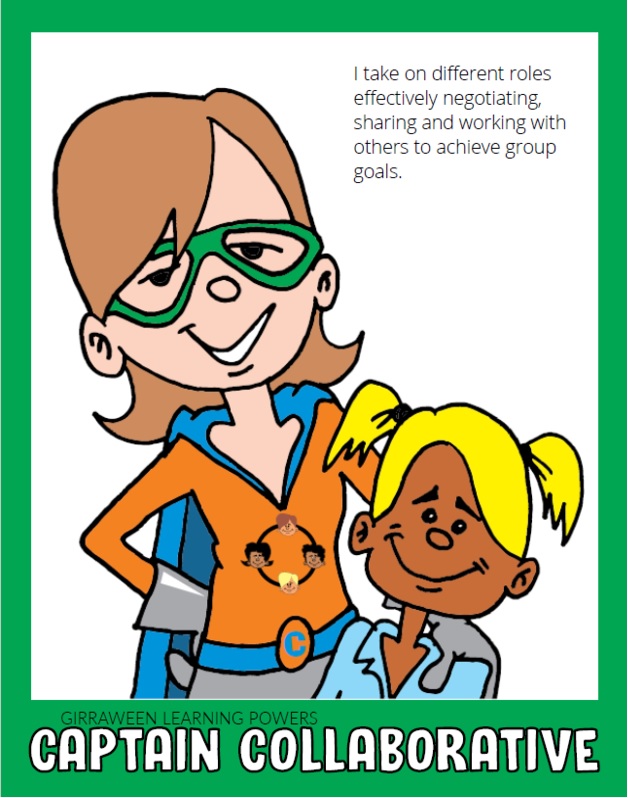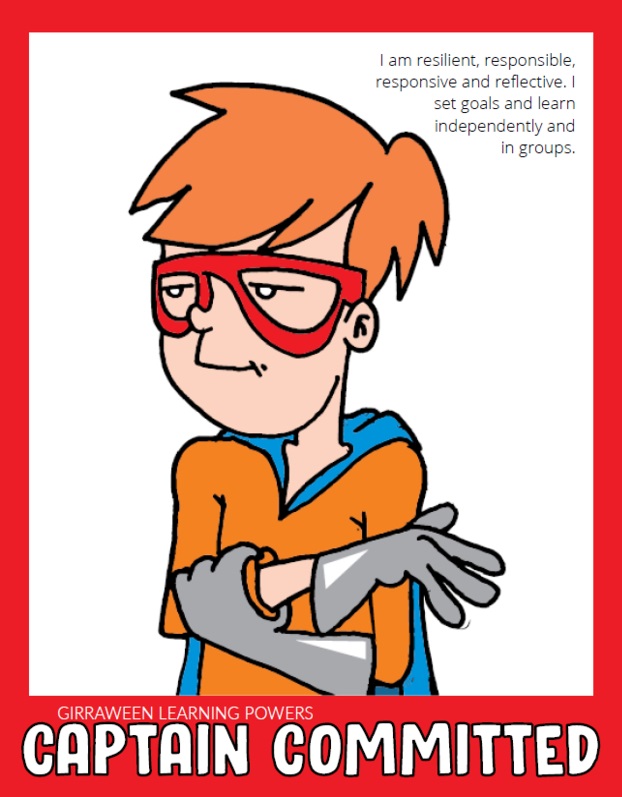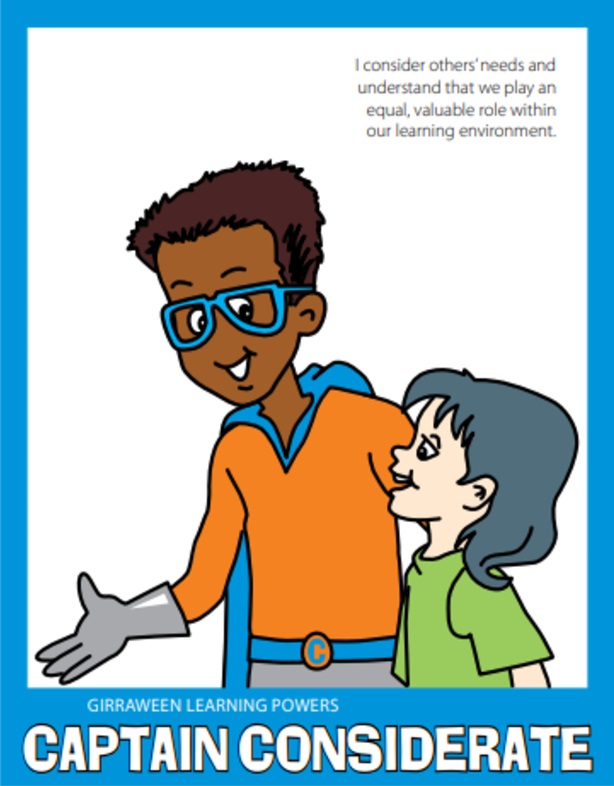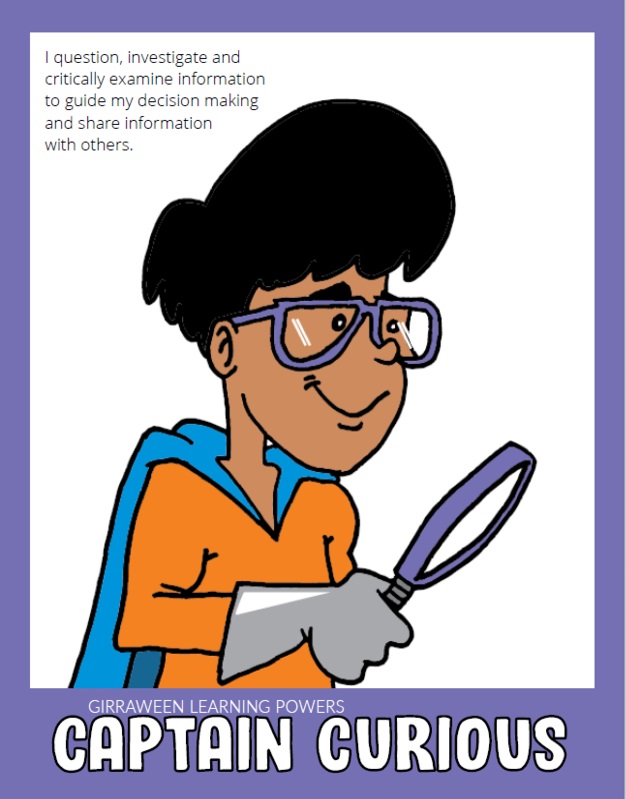At Girraween we encourage an integrated curriculum. We believe that skills, values and understandings are best taught and assessed within meaningful ‘connected’ contexts grounded in relevant experiences. Integrated units of inquiry, based around concepts of relevance and interest to students, are one vehicle for providing such planned contexts for learning. Benefits to teacher and students of an integrated curriculum can be read in Kath Murdoch’s text: ‘Classroom Connections’. The essence of this approach to planning is the relationship between key learning areas concerned with ‘the world around us’ (science, history, geography, technology and health) and those areas through which we explore and come to understand the world (language, maths, art, drama, dance, music and aspects of technology). Inquiry units are planned around concepts of substance and as students investigate these, they develop increasingly sophisticated understandings of their world. In this model for planning integrated inquiry units, a sequence of experiences is developed to build on and challenge student perceptions. This sequence is inquiry based in that it begins with students’ prior knowledge and experience and moves through a deliberate process wherein that knowledge is extended, challenged, and refined (tuning in, finding out, sorting out, going further, making connections and taking action). During the process, students and teachers draw on a range of resources and work across key learning areas.
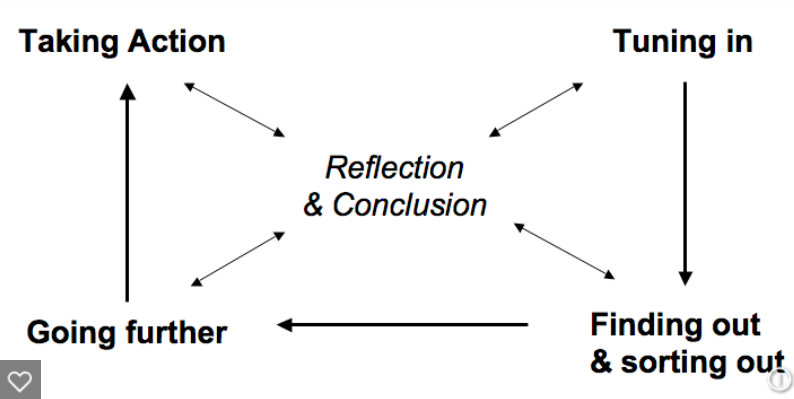

______________________________________________________________________________________________________________________
IMPORTANCE OF STUDENT VOICE:
At Girraween we believe in a visible learning approach where teachers see learning through the eyes of the student and where students see themselves as their own teachers. In all learning, student voice is paramount whereby dialogue from discussions are valued over monologue of the teacher or one student talking at a time.
- Students see themselves as teachers through sharing their learning and strategies with others during lessons.
- Students are encouraged to take risks in their learning and be in 'the zone of confusion' or the 'learning pit'. Students are set up for success in an environment steeped in 'yet' and one that values and looks to develop a growth mindset.
- Students have opportunities at every point to reflect on their learning and how they are progressing towards their goals and the big ideas. Through this process, we aim to build assessment capable learners.
- Learning powers are embedded and strengthened through teaching and learning experiences as students develop positive dispositions towards learning.
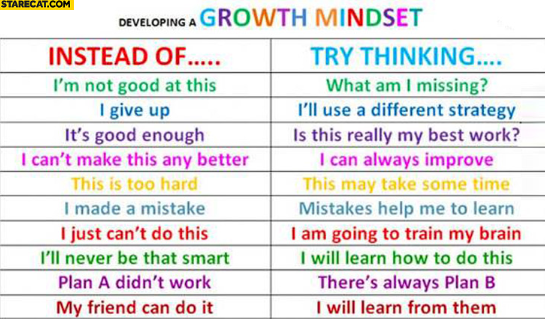
GROWTH MINDSET
